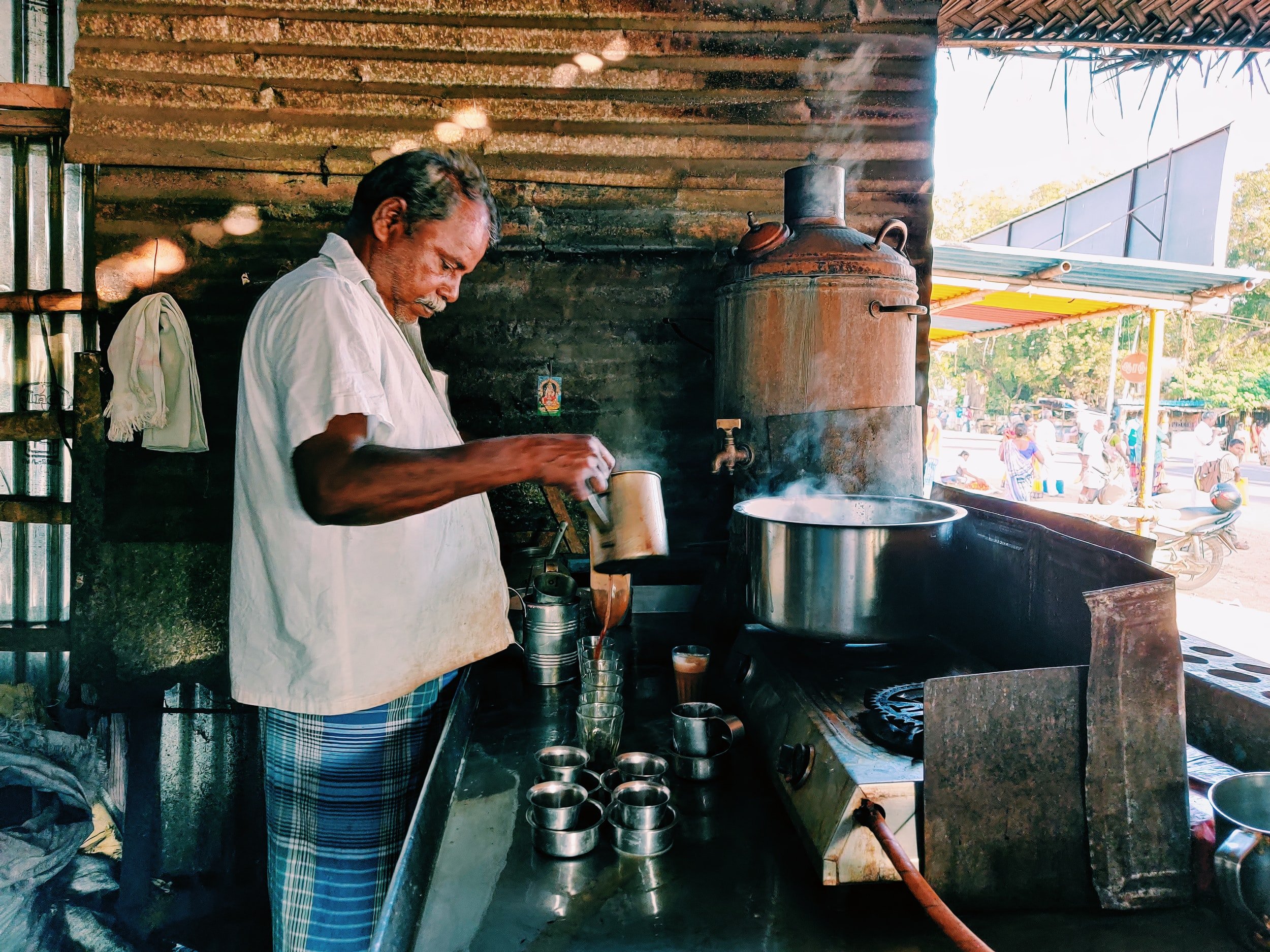Why You Should Never Use the Phrase 'Chai Tea'
If you’ve ever gone into a coffee shop, chances are that you’ve come across chai, a strong tea drink that is traditionally served with milk and sugar, originating from India. Whether you’re already a chai latte lover or not, you might have noticed that it is often referred to as ‘chai tea latte’ in Western popular culture. To understand why this is wrong we need to first go through a few of the basics and understand the origins of chai latte.
History
Masala chai’s earliest record dates back to 500 years to South East Asia. Although still debated on, it’s generally accepted that masala chai originated in the court of King Harshavardhana and was developed as an ayurvedic, or medicinal, drink. The king created it as a cleansing beverage served to welcome guests.
Even early on, masala chai was made with a wide range of spices and prepared with many different methods. It was served either hot or cold as a remedy for mild ailments.
In the early 1900s, the British-owned Indian Tea Association began to promote Indian tea consumption within India. Because black tea was so expensive, vendors used milk, sugar, and spices to keep their brews flavorful without high costs.
Today, each region in India has its own unique approach to masala chai. In West India, cloves and black peppercorns are left out of masala chai. In Bhopal, a pinch of salt is added to the masala chai blend. In Kashmir, green tea leaves are used instead of black tea leaves for a more subtle flavor.
From Masala Chai to Chai Tea
Over the years, the name "masala chai" shifted to "chai" or even "chai tea." Regardless what Starbucks or the trendy coffee shop around the corner may call it, never say "chai tea." That is the number one rule for drinking masala chai. Chai is the Hindi word for tea and hence chai tea simply translates to "tea tea."
otium Jessica Burke


